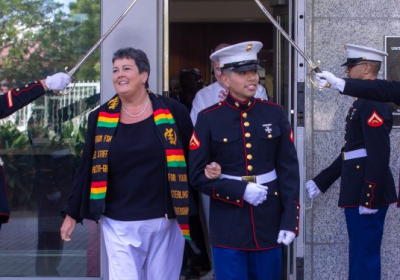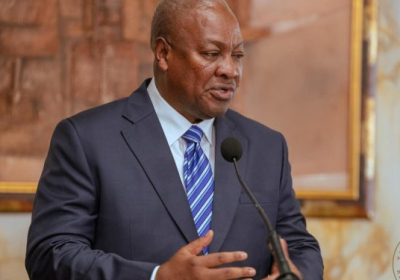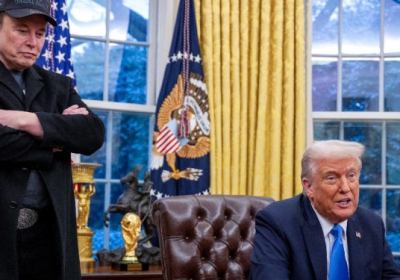Russia Deploys Troops to Equatorial Guinea Amid Rising Influence in Africa
.jpg)
Up to 200 Russian troops have allegedly been moved to Equatorial Guinea to safeguard the country's presidency, continuing its efforts to establish a foothold in Africa. Reports indicate that Russian personnel are training elite guards in Malabo, the capital, and the coastal city of Bata.
This deployment marks Russia's latest expansion in West and Central Africa, where it has increasingly relied on private military forces to support governments and combat insurgencies. The arrival of Russian troops in Equatorial Guinea was first noted in August, with sources estimating between 100 and 200 troops have landed over the past two months.
It is thought that some of these employees are associated with Corps Africa, a paramilitary unit formerly known as Wagner, which has since been absorbed into official Russian military operations. Reports from local sources suggest that these troops are stationed so that President Teodoro's family can be protected.. President Obiang, in power since 1979, is the world’s longest-serving leader, and his son, Teodoro Obiang Mangue, serves as vice president. Known for his opulent lifestyle, the younger Obiang has faced international legal scrutiny and sanctions.
Equatorial Guinea, a nation of 1.7 million people, has faced criticism over its human rights practices, with documented reports of torture and extrajudicial killings. The government has sought new alliances and economic partnerships with Russia and Belarus, especially in defense and natural resource sectors. In September, President Obiang publicly thanked Russian President Vladimir Putin for deploying military instructors to strengthen national security.
US-based Equatoguinean human rights activist Tutu Alicante raised concerns on Wednesday, suggesting Russia’s military presence in Equatorial Guinea could challenge American geopolitical interests in the region. Once a focal point for US investment in energy, Equatorial Guinea's strategic alliances have shifted amid a broader trend in West Africa, where nations are distancing themselves from former Western allies and pivoting toward Russian support.
This increased Russian activity follows similar developments in other African nations that have sought alternatives to traditional Western partnerships, citing unmet security needs in their struggles against jihadist threats.
source: BBC







